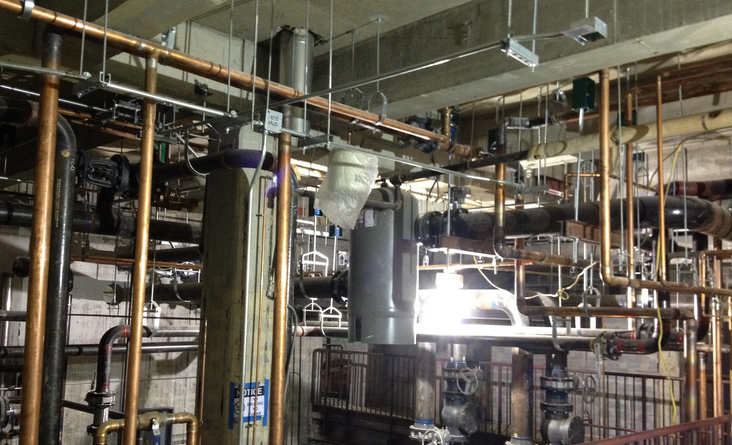MEP Engineering Consultants: Orchestrating Innovation in Building Systems
In the intricate dance of constructing modern buildings, MEP engineering consultants take center stage. MEP, which stands for Mechanical, Electrical, and Plumbing, encompasses the vital systems that breathe life into structures, ensuring they are not only aesthetically pleasing but also functionally efficient. This article explores the unique role of MEP engineering consultants, delving into their diverse responsibilities, the integration of sustainable practices, and the impact they have on the overall performance of buildings.
Diverse Responsibilities of MEP Engineering Consultants:
MEP engineering consultants are the unsung heroes behind the scenes, responsible for designing, coordinating, and overseeing the implementation of complex systems that form the backbone of any building. Their role encompasses a wide range of responsibilities, including HVAC (Heating, Ventilation, and Air Conditioning) systems, electrical power distribution, lighting, plumbing, and fire protection.
One distinctive aspect of their work is the need for interdisciplinary collaboration. MEP systems are deeply intertwined, and consultants must work seamlessly with architects, structural engineers, and other specialists to integrate these systems into the overall building design. This collaborative approach ensures that MEP elements are not only functional but also harmoniously complement the architectural vision of a project.
Integration of Sustainable Practices:
As sustainability takes center stage in the construction industry, MEP engineering consultants play a pivotal role in integrating environmentally friendly practices into building systems. This involves designing energy-efficient HVAC systems, implementing renewable energy sources, optimizing lighting for energy conservation, and incorporating water-saving plumbing solutions.
A unique contribution of MEP engineering consultants is their ability to balance the quest for sustainability with practical considerations. They navigate the evolving landscape of green technologies and certifications, ensuring that the implemented solutions not only reduce environmental impact but also align with the operational needs and budget constraints of the project. By adopting a holistic approach, these consultants contribute to the creation of buildings that are not only eco-friendly but also economically viable.
Impact on Building Performance:
The impact of MEP engineering consultants extends far beyond the initial construction phase. They are instrumental in enhancing the overall performance and functionality of buildings throughout their lifecycle. This includes optimizing energy efficiency to reduce operational costs, ensuring indoor air quality for occupant comfort and health, and implementing smart building technologies for improved control and monitoring.
One unique aspect of their impact lies in the realm of occupant experience. MEP systems directly influence the comfort and well-being of building occupants. By designing systems that provide optimal thermal comfort, lighting conditions, and air quality, MEP engineering consultants contribute to creating spaces that enhance productivity, health, and overall satisfaction for those who live and work within these structures.
Technological Advancements and Future Trends:
MEP engineering is not static; it evolves with technological advancements and emerging trends. Consultants are at the forefront of adopting innovations such as Building Information Modeling (BIM), which facilitates more accurate and efficient coordination of MEP systems during the design and construction phases. Additionally, the integration of IoT (Internet of Things) in building systems allows for real-time monitoring, predictive maintenance, and enhanced control, ushering in a new era of smart and connected buildings. In conclusion, MEP engineering consultants are the architects of functionality and sustainability in the built environment. Their diverse responsibilities, focus on sustainable practices, and impact on building performance make them indispensable in the construction industry. As we move toward a future where green buildings and smart technologies become the norm, the role of MEP engineering consultants will continue to shape the way we design and experience the spaces we inhabit.




